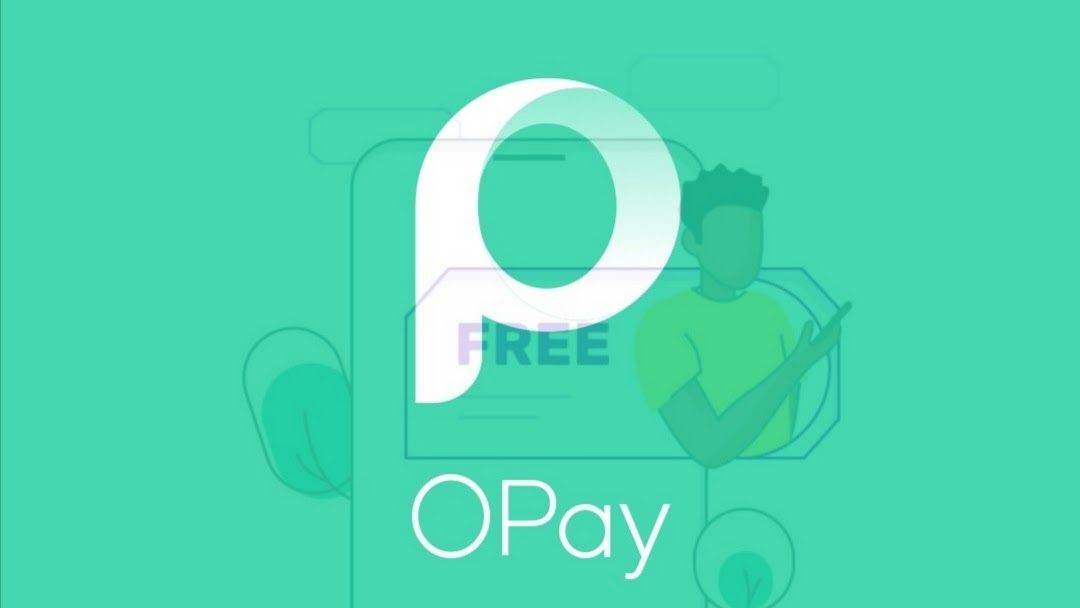What Back-Of-Napkin Math Says About OPay’s Valuation As OPera Sells Stake

In the latter hours of Thursday, June 11 [at least for those operating with West African Time (WAT)], Opera Limited put the word out that it had “monetised” part of its stake in its Nigeria-based fintech business, OPay Limited.
Opera prides itself as one the world’s largest internet consumer brands with hundreds of millions of users worldwide and it is perhaps best known for its widely-used web browsers. But Opera is also something of a venture backer with strategic investments in tech companies around the world.
Some of the ventures backed by Opera include Nanobank (in which Opera owns a 42 percent stake), and StarMaker (in which Opera owns a 19.35 percent stake).
On the African continent, Opera is a known investor in OPay; a fast-growing fintech startup that once chased super app ambitions but has since taken a different route to become one of the leading mobile money platforms in Nigeria. Per information in the company’s financials, Opera owns a 13.1 percent stake in OPay. But that was until the latest development.
“We are impressed with OPay’s rapid growth and its emergence as a leading African fintech company,” commented Frode Jacobsen, Chief Financial Officer (CFO) of Opera. “At this time, Opera has decided to realize gains on 29 percent of its OPay ownership, while retaining 71 percent of its shares as OPay continues its growth journey.”
As reported by the company, Opera has monetised 29 percent of its stake in OPay and raked in USD 31.1 Mn in the process, and that’s to put it simply. To use a bit of financial jargon, Opera has divested some of its stake in OPay resulting in a substantial monetary gain versus the carrying amount of the shares sold.
Going deeper into financial parlance, the concept of “monetising” a stake entails the conversion of an investment into cash. This usually happens via a liquidity event – typically when the investor monetises their investment through a sale of their shares, or when the company goes public via an Initial Public Offering (IPO).
Obviously, in the case of Opera and OPay, Opera has opted to monetise some of its shares in OPay by selling 29 percent of its 31 percent stake in OPay to some other entity that was left unmentioned in the announcement.
A good guess at which entities bought Opera out of those shares would be OPay’s other predominantly Chinese investors. Apart from Opera, OPay is also backed by Chinese venture capital (VC) firms like Source Code Capital, Sequoia Capital China, IDG Capital, Gaorong Capital, GSR Ventures, Redpoint China, Bertelsmann Asia Investments, and SoftBank Ventures Asia.
Interestingly, the announcement of the OPay part-share sale by Opera comes just a couple of weeks after The Information broke the news that OPay is in talks with investors to raise as much as USD 400 Mn in funding from Chinese investors.
The sentiment is that Chinese investors are increasingly looking at other developing regions like Africa to invest in having come up against a hostile political environment in the U.S.
If the deal happens, it’s a cash influx that insiders say will value OPay at around USD 1.5 Bn; essentially another tech unicorn out of Africa. As it is, OPay has raised no less than USD 170 Mn in two rounds, with its last funding round announced in November 2019 when it raised USD 120 Mn from Meituan and a consortium of Chinese VC firms. That round reportedly valued OPay at about USD 500 Mn.
As it is, though, following the recent revelations around selling a portion of its OPay stake, Opera may have also inadvertently lifted the lid on the valuation of OPay at this point (provided talks of further fundraising remain in a state of flux).
Some ‘back-of-napkin’ math paints a certain picture. Opera says it sold 29 percent of its 13.1 stake in OPay for USD 31.1 Mn. This would imply that Opera sold a 3.799 percent stake. And if that is worth USD 31.1 Mn, then some simple extrapolation drawn from mathematical equivalence suggests OPay is valued at 818.6 Mn, at least at the time the deal was done.
That valuation is shy of the billion-dollar mark but it is quite obvious that OPay is hot on the unicorn trail. If the reports that OPay is seeking a huge fundraise are true, then its valuation will most probably cross USD 1 Bn sooner rather than later. It’s quite remarkable for a startup that only launched full operations in Nigeria in August 2018.
OPay actually kicked off as a payments company with an agent banking footprint but that was overshadowed for long spells by its pursuit of building a do-it-all super app.
This super app pursuit was implemented by blitzscaling across several verticals including e-hailing, food delivery, classifieds, digital lending, fund transfers, and various bill payments incorporated into the OPay app.
After making scarce progress with the super app ambition for much of 2019 (coupled with the bike-hailing ban in its chief operational base, Lagos, in early 2020), OPay had to abandon its super app chase. The blitzkrieg floundered. So, OPay went back to basics to focus solely on fintech services. And it appears that move is paying off.
As mentioned in Opera’s most recent financial report (Q1 2021), “OPay’s total payment volume continues to grow and has increased from December 2020 levels of USD 2 Bn.”
In the Q4 2020 report, Opera said “OPay processed a gross transaction value of USD 2 Bn on its platform in December, more than four-times the level in January 2020.” Indeed, OPay currently calls itself the largest mobile money platform in Nigeria, though that is a disputed subject.
In any case, the Opera-backed startup is also posturing for expansion to other parts of Africa with a keen interest in North Africa. With some fresh capital in the coffers, OPay might really have a shot at making a further dent.
Featured Image Courtesy: OPay